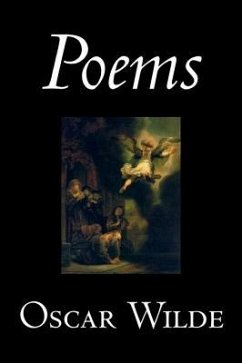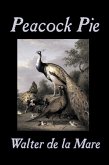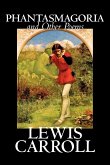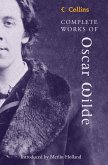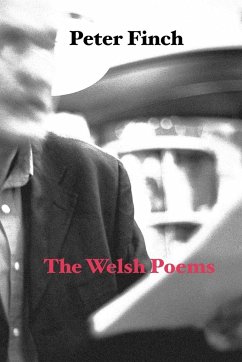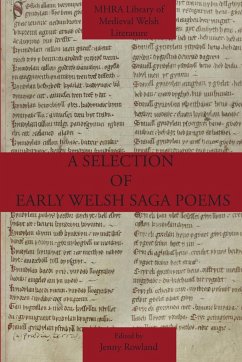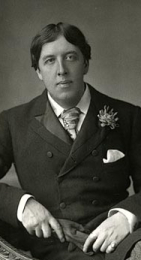Ah, leave the hills of Arcady,
Thy satyrs and their wanton play,
This modern world hath need of thee. This is the land where liberty
Lit grave-browed Milton on his way,
This modern world hath need of thee! A land of ancient chivalry
Where gentle Sidney saw the day,
Ah, leave the hills of Arcady! Then blow some trumpet loud and free, And give thine oaten pipe away, Ah, leave the hills of Arcady! This modern world hath need of thee!
Hinweis: Dieser Artikel kann nur an eine deutsche Lieferadresse ausgeliefert werden.
Thy satyrs and their wanton play,
This modern world hath need of thee. This is the land where liberty
Lit grave-browed Milton on his way,
This modern world hath need of thee! A land of ancient chivalry
Where gentle Sidney saw the day,
Ah, leave the hills of Arcady! Then blow some trumpet loud and free, And give thine oaten pipe away, Ah, leave the hills of Arcady! This modern world hath need of thee!
Hinweis: Dieser Artikel kann nur an eine deutsche Lieferadresse ausgeliefert werden.

